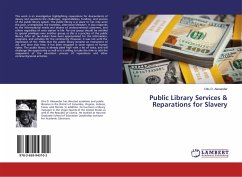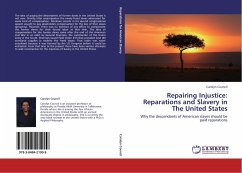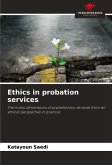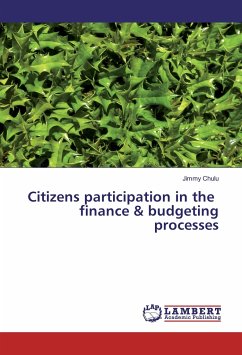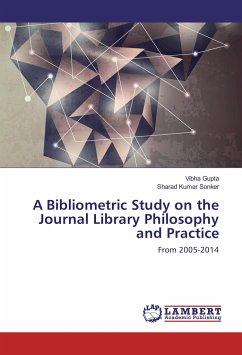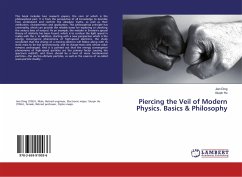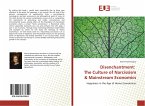This work is an investigation highlighting reparations for descendants of slavery and questions the challenges, responsibilities, funding, and services of the public library system. The public library is in place to not only serve the poor, unemployed, the homeless, alternative lifestylers. It also responds to the informational needs and desires of undocumented customers, and others regardless of ones station in life. No one group should be entitled to special privileges over another group as this is a practice of the public library. After all, tax dollars have been appropriated for the information, programs, and activities for the community. However, it was not until the depression of the 1930s that the public library became an instrument of aid, and since that time, it has been engaged in some aspect of human rights. The public library is already piled high with a list of tasks, and will challenge the opportunity as well as it is willing to take the time to add the assignment of the education process of reparations and other community/social activities.
Bitte wählen Sie Ihr Anliegen aus.
Rechnungen
Retourenschein anfordern
Bestellstatus
Storno

